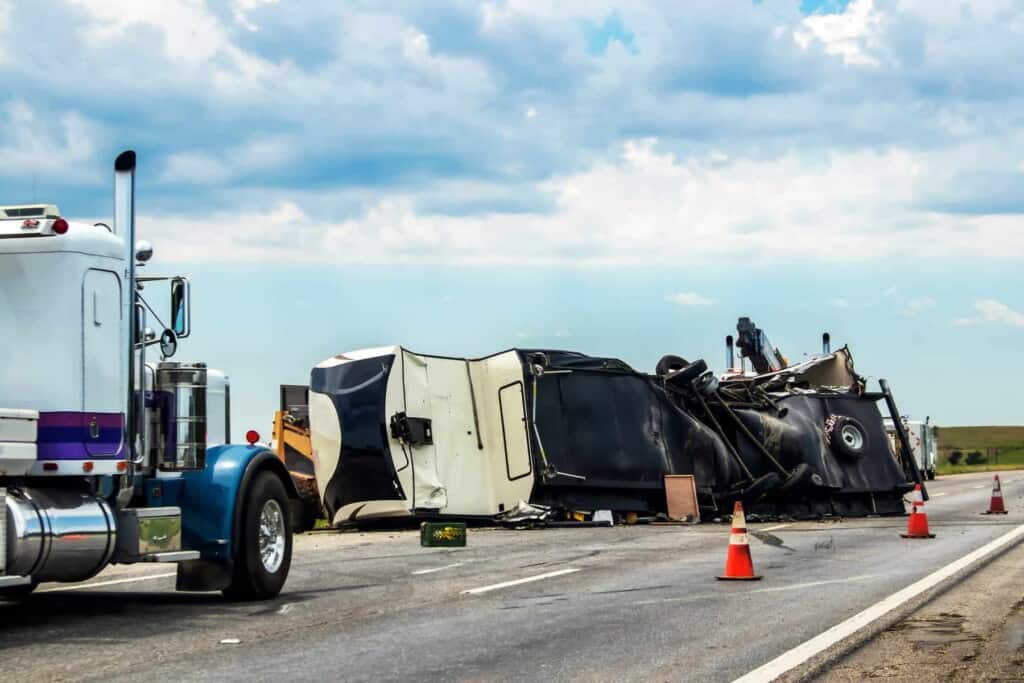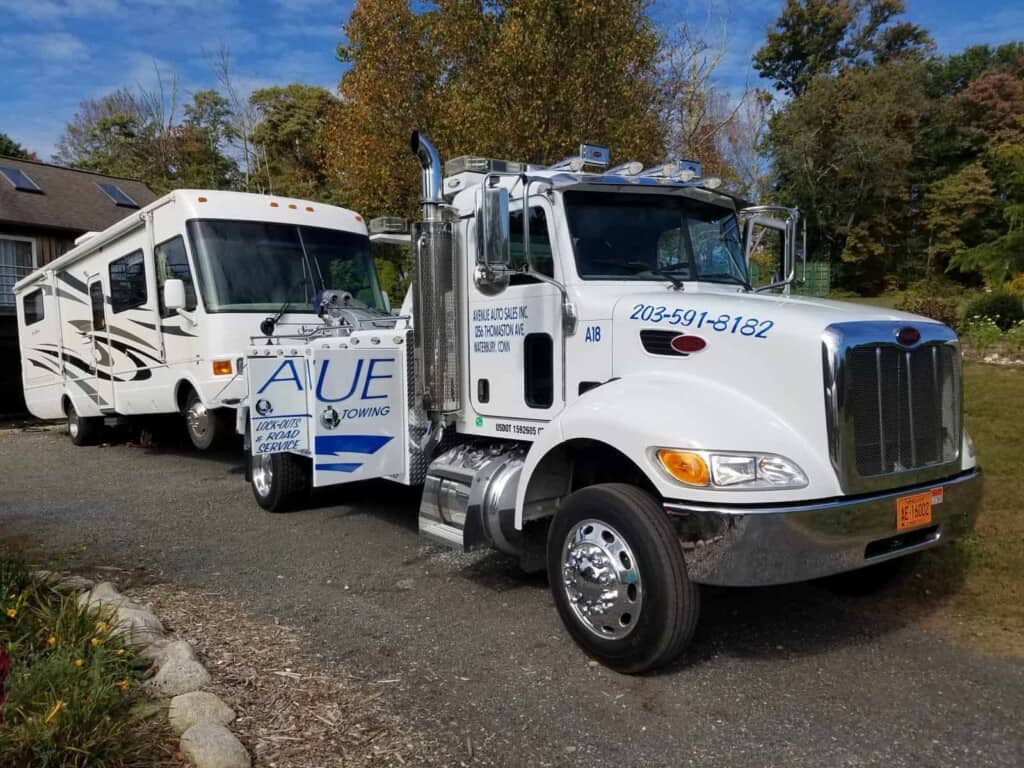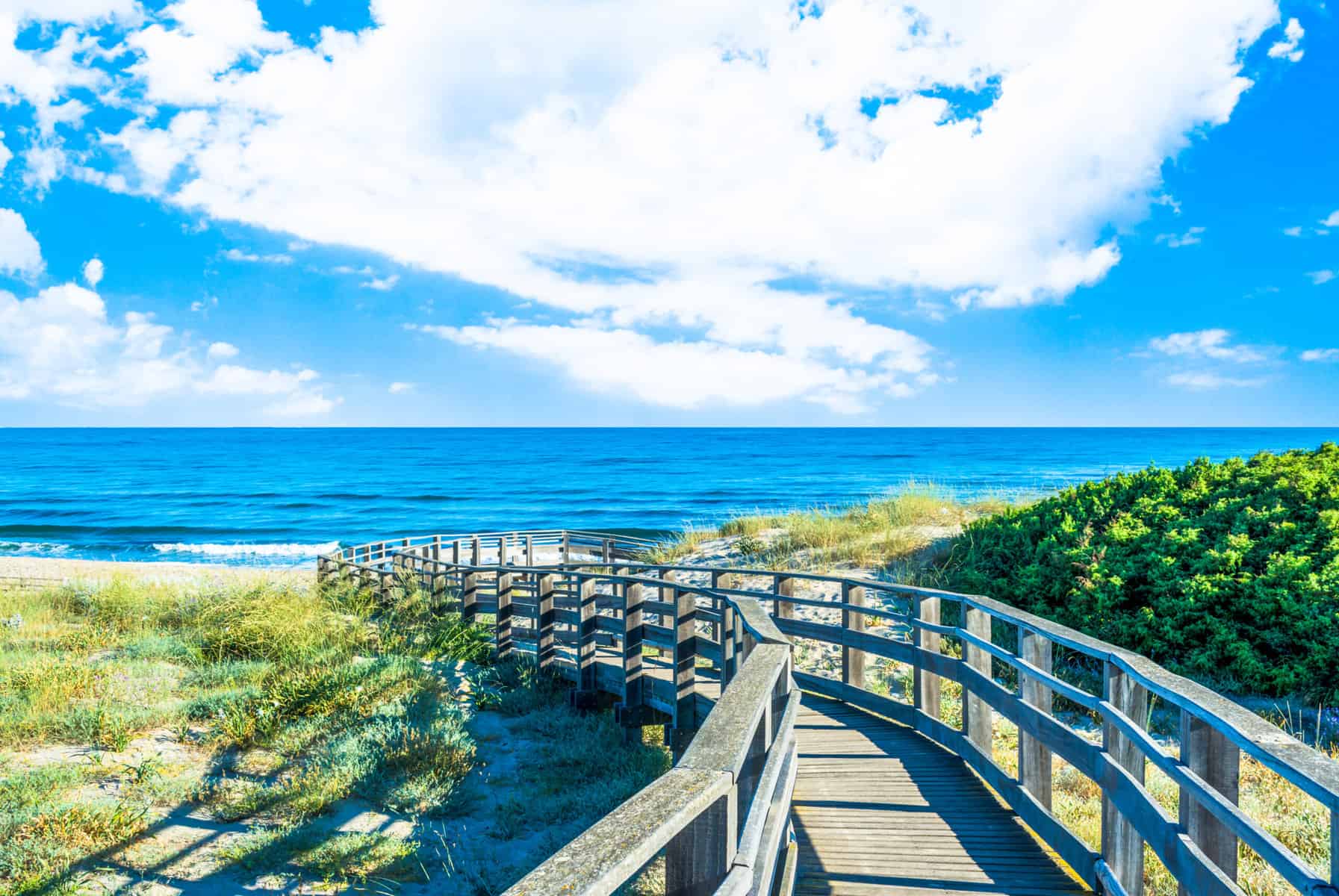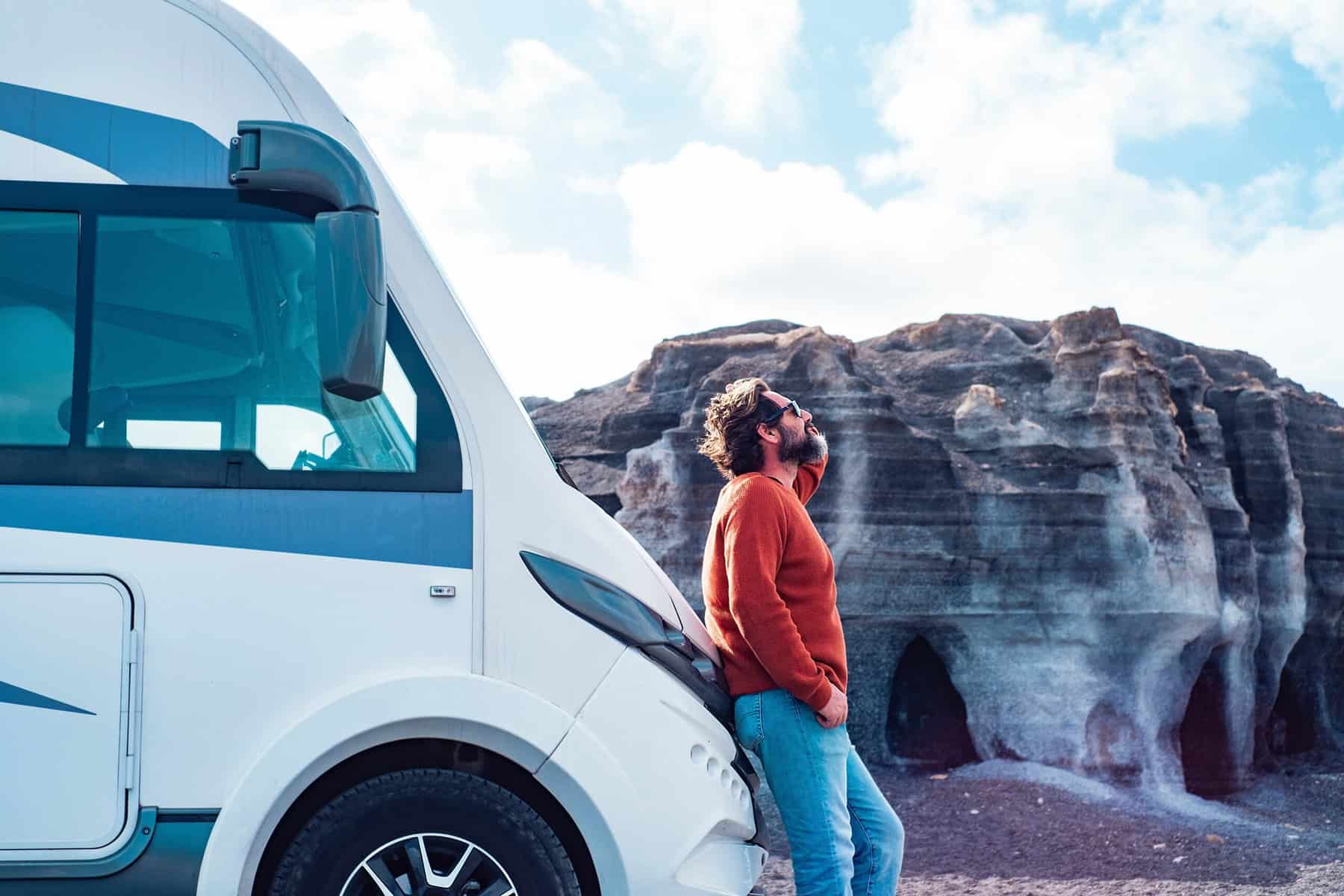Comparing RV insurance coverage isn’t glamorous. But this quick RV insurance basics guide to motorhome and towable campers makes it effortless to get covered. Learn why you need RV insurance, and how optional coverages work for full-time and part-time RVers.

Is RV Insurance Worth It?
Buying a camper is a big investment. It doesn’t matter if you finance an RV or pay cash for a used camper. What if an accident happened to your home on wheels? Can you afford to pay for the damage to your RV? What about whatever vehicle, property, or person your RV harmed? What If an accident victim sued you for bodily injury caused by your RV? Do you have enough money to pay their bills?
RV’s are large vehicles that can do extensive damage to property and people. Any accidents caused by them can cost the RV owner a lot of money. We buy RV insurance to protect our camper, our money, and ourselves. As this RV insurance guide explains, getting a policy is worth it.
RV Insurance Guide to Essential Coverage
RV insurance is not a one-size-fits-all thing. All RV owners have unique needs that impact the cost of RV insurance coverage. Things that affect the price of an RV insurance policy include circumstances like where you call home. The type of RV you own plays a role. And finally, what you plan to do with the RV. For example, buyers of full-time RV insurance coverage pay a much different rate than weekend RV owners. RVs that get used 100% of the year are just at higher risk than those rigs that do not.
Thankfully, RVers like us have tons of options to cover our campers. This RV insurance guide list just a few mof many a la carte RV insurance coverage options that include choices like:
Replacement Value Coverage
This is coverage costs more, but is best for owners of new RVs. Let’s say a bad wreck totals your newish camper within a certain number of years after purchase. With Replacement Vlaue Coverage, your insurance company buys you a replacement camper of similar make, size, and value.
Actual Cash Value Coverage
This coverage is standard for older RVs. Actual Cash Value coverage means that if you wreck your older camper and it can’t be fixed, you get a check from the insurance company for the current (depreciated) market value of your RV (not what you paid for it).
Full-time RVers Coverage
If you plan to try full-time RVing, it’s critical to let your RV insurance company know this. Some companies offer extra protection for people who live in their RVs, and others do not. If your RV insurance company falls in the second group, you may not be covered at all if they find out you are living in your camper and didn’t tell them.
One of the nice thing about full-time RVers insurance coverage is that it offers protection in many situations that are unique to full-time RVers. For example, if a fire burns your personal belongings in a rented storage unit. The company can reimburse you above and beyond the miniscule insurance that automatically comes with your rental unit.

RV Roadside Assistance Coverage
Most RV insurance companies offer basic RV roadside assistance help. If you call for a tow truck, the insurance company’s providers already know you have an RV. Different campers require a different kind of tow truck than passenger cars. The downside to this coverage is that usually has many restrictions that may end up costing you more in the long run than a true roadside assistance plan from Coach-Net or similar RV provider.
RVing Pets Insurance Coverage
Most RV insurance companies understand that more than half of RVers travel with pets. Many insurance policies offer extra protection for pets. Let’s say you get hospitalized after an accident. This coverage might help you find a boarding kennel. Pets coverage may even pay the boarding bill.
The Most Critical Thing to Know About RV Insurance
Don’t get overwhelmed when insurance shopping. The most critical thing to know about RV insurance is that shopping around and getting RV insurance quotes from a number of different company pays off.
Don’t settle for the same company that provides your home or car insurance policy. They might offer a discount to add RV insurance coverage. But are they really the best company for RV insurance needs like yours? A company that specializes in RV protection is usually the best way to go.
However, the only way to find the best RV insurance policy for your situation is to get multiple RV insurance quotes from different companies. Compare apples to apples when you do.
And don’t just settle for the cheapest RV insurance you can get. Know exactly what kind of RV insurance coverage you are buying. Ask your RV insurance provider how your plan choices work. Doing your homework is the only way to protect your RV and your financial well-being.





